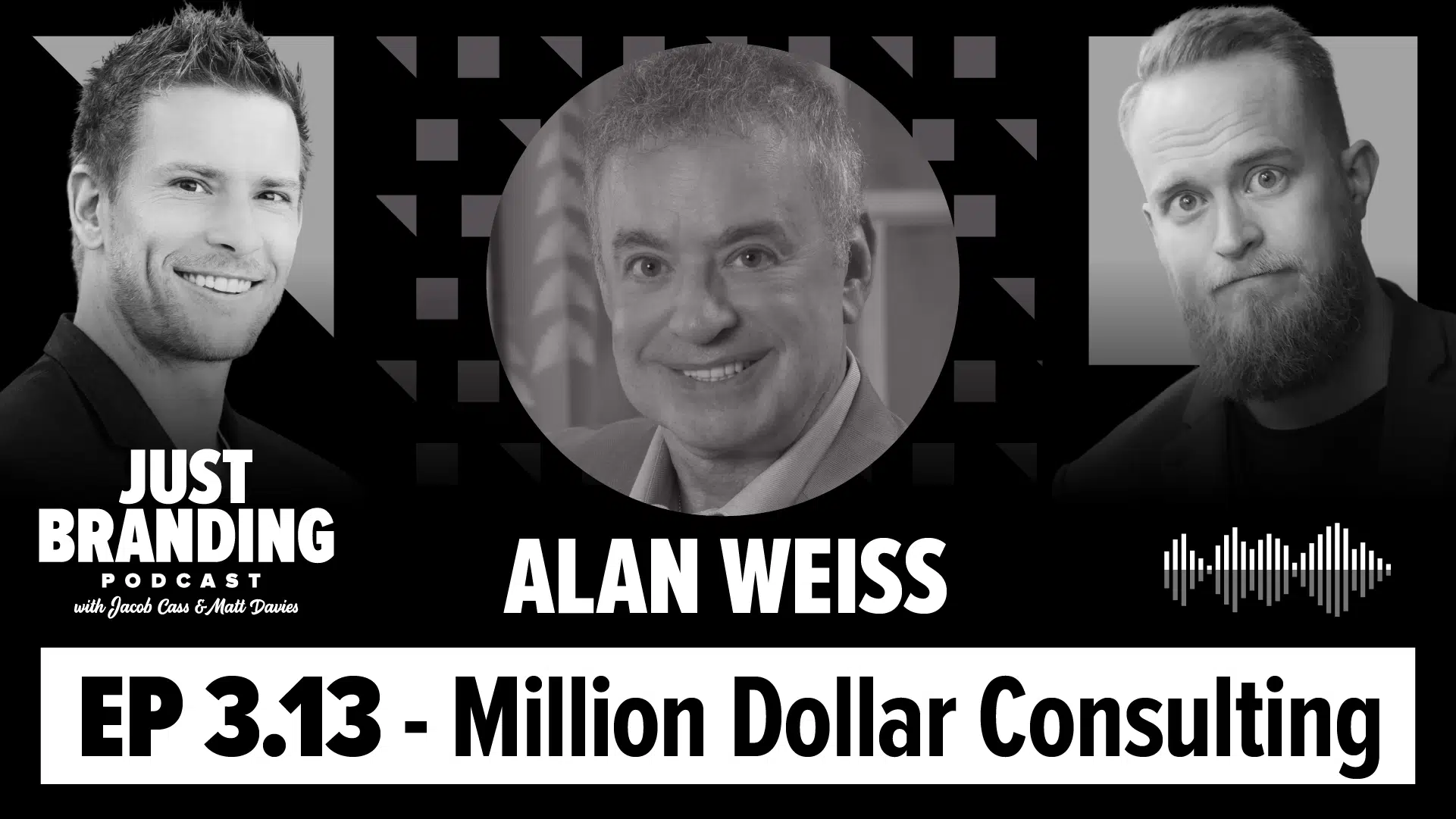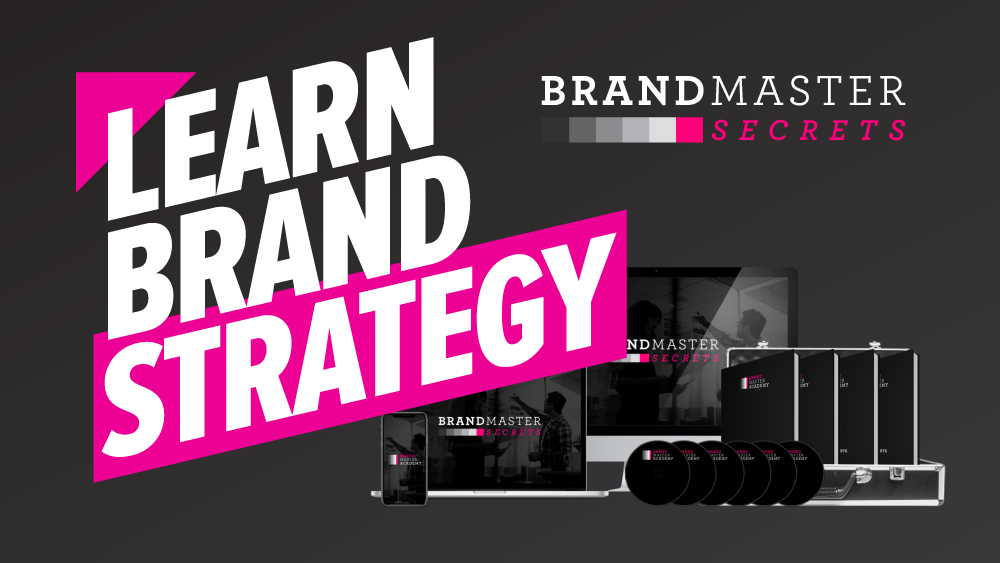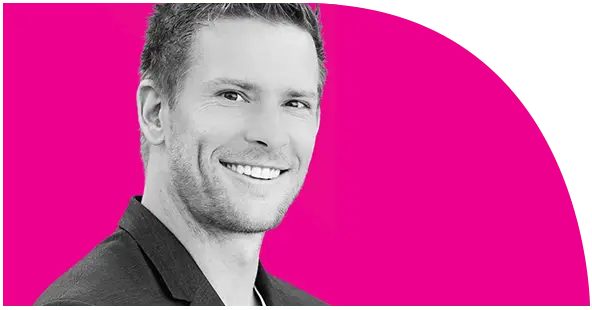Who better to learn about consulting from than “the consultant’s consultant” Alan Weiss?
Alan wrote the famous best-selling book “Million Dollar Consultant” and is the author of over 60 books on consulting and business.

In this episode, Matt and Jacob sit down with Alan to discuss how the principles of Alan’s books can be applied to brand strategy. We explore why a consultancy is a good option, different consulting approaches, how to sell it, and how to grow a consulting practice. We go deep into value-based billing and show how selling time is a terrible idea.
Listen Here
- Listen on Apple Podcasts
- Listen on Spotify
- Watch on YouTube
- Listen below
Love the show? Please review us on Apple or Stitcher.
Play Now
Watch on Youtube
Show Notes
Learn Brand Strategy
Brand Master Secrets helps you become a brand strategist and earn specialist fees. And in my opinion, this is the most comprehensive brand strategy course on the market.
The course gave me all the techniques and processes and more importantly… all the systems and tools I needed to build brand strategies for my clients.
This is the consolidated “fast-track” version to becoming a brand strategist.
I wholeheartedly endorse this course for any designer who wants to become a brand strategist and earn specialist fees.
Check out the 15-minute video about the course, which lays out exactly what you get in the Brand Master Secrets.


